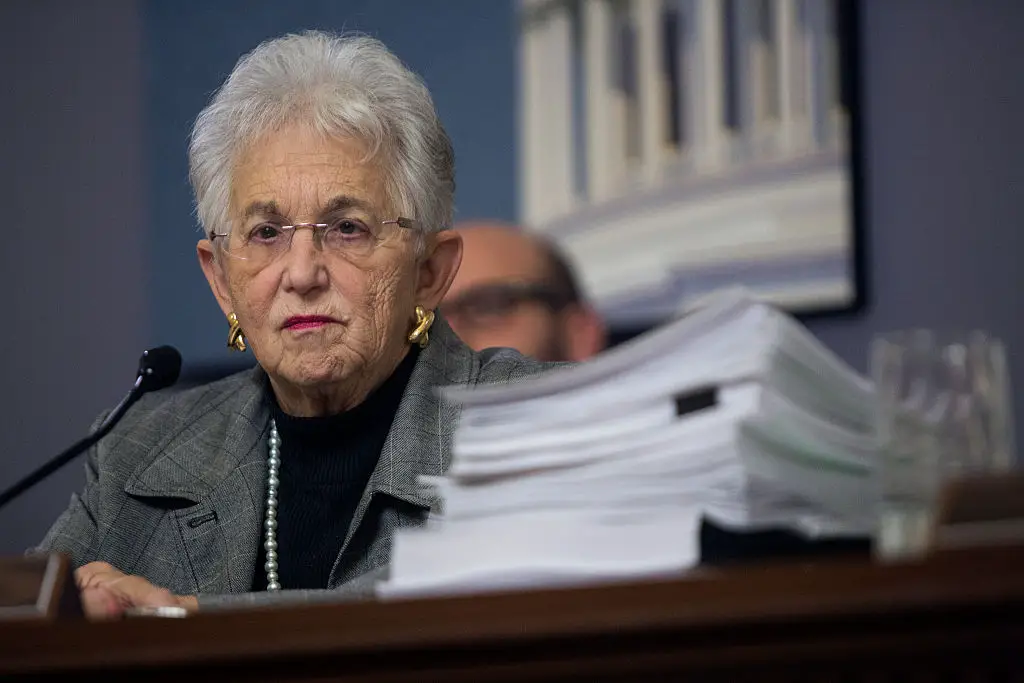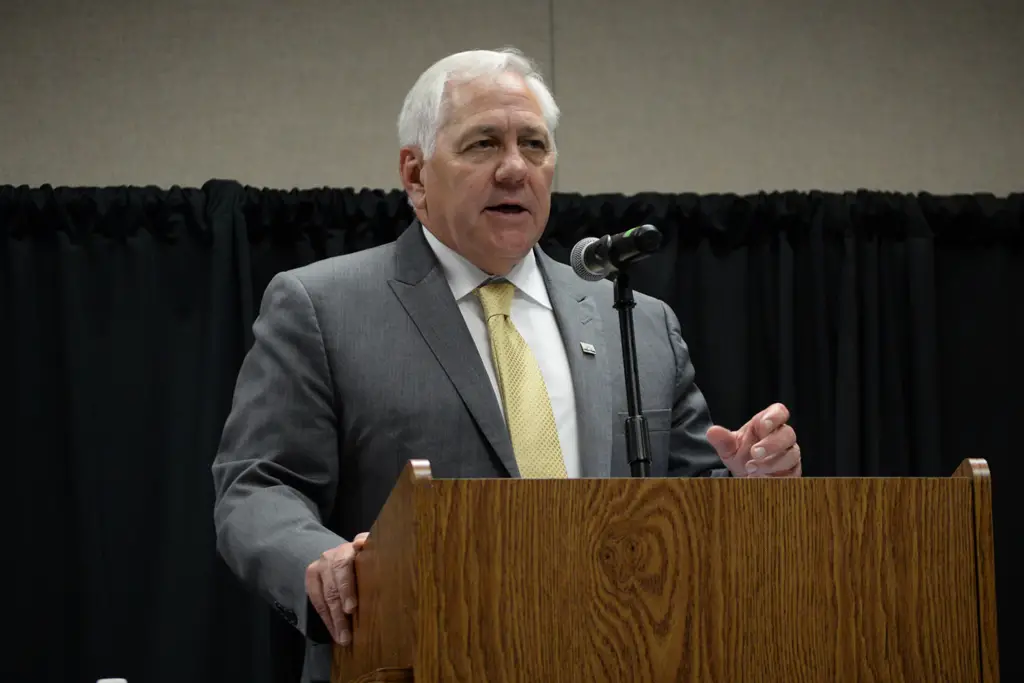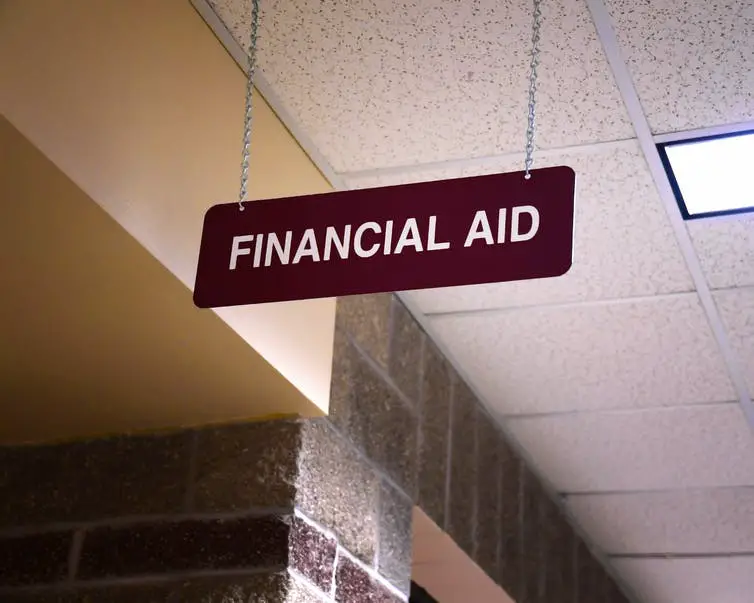The U.S. House of Representatives’ GOP plan to reauthorize the Higher Education Act has been met with raised brows.
Nicknamed the PROSPER Act, it will lead to changes in the federal-aid repayment system that could cost community colleges lots of money when students withdraw from school.
Though the proposal applies to all colleges and universities, community colleges would suffer the most. The PROSPER Act would overhaul the aid repayment system in hopes of creating “a risk sharing measure that would compel colleges to produce better outcomes.”
Kentucky’s Community and Technical College System spends large amounts on student support during the semester’s first month, when students typically drop out. Unfortunately, according to Inside Higher Education, student withdrawals over the fall semester forced the college system “to return about $2.6 million in student aid to the federal government.”

The new system does not make the college return the aid if the student attended 60 percent of the term. However, if students drop out before a term ends, the current federal law states that they must pay back part of the aid received. The amount will be “prorated” or it would depend “on when the students drop out or withdraw.”
College administrators often complain about the current system being difficult.
The proposal attempts to change this: it gives “several tiers for length of attendance to determine how much colleges must repay to the federal government.” So, if a student attends “for a quarter of a term before withdrawing, …colleges would keep 25 percent of federal aid money; if they attend for half the term, 50 percent; and so on.”
Because the Act makes things simpler, opponents feel PROSPER points out a real issue but note that it will only make matters worse.
The proposal would force colleges to return the money if students withdraw in the first quarter of a term, meaning they would still have to pay for early and late-semester withdrawals.

Kentucky’s system president, Jay Box, says that the school’s system would have to pay $16-17 million in repayments if the proposal goes through, and this does not include any other lasting expenses that remain after a student leaves.
While there is still time for changes to the PROSPER Act to go through, colleges — specifically community colleges who will bare most of the brunt — will have to find a way to keep students onboard long enough to avoid large dues to the federal government.
For more of our coverage on community colleges, click here.
















